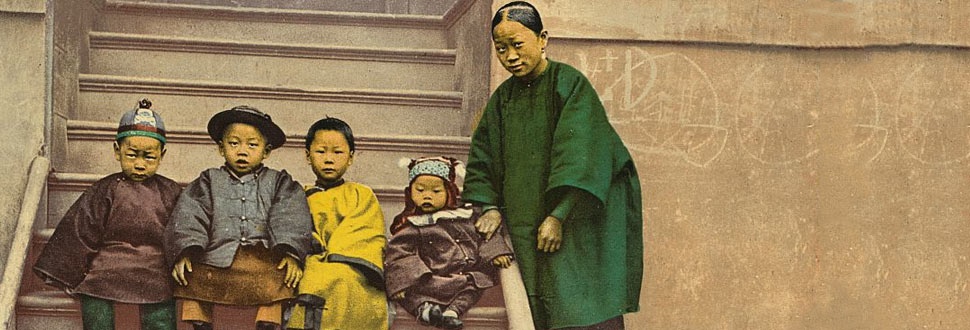Kuora: How much Chinese culture should first-gen immigrants pass on?

This week’s column comes from one of Kaiser’s answers originally posted to Quora on June 22, 2015:
As a first-generation immigrant in Canada from Hong Kong, should I consciously take positive course of actions to instill into my children, and their children, with Chinese culture and values? What advantages and disadvantages are there from their viewpoint?
In my view the advantages — at least for the second generation, i.e., your own children — far outweigh whatever disadvantages you might imagine exist. The idea that you should proactively encourage a familiarity with Chinese culture and values (and, I hope you also mean, language) is kind of a no-brainer: After all, you’re a first-generation immigrant, and the “Chineseness” in you is ineradicable, so just from the perspective of wanting your children to better understand you, it makes sense to expose them to the culture in which you were brought up. The difficulty is in figuring out just how proactive you should be, and in deciding what aspects of the culture and what particular values you hope to inculcate in them.
The cognitive benefits of learning a second language are fairly well established by now. Almost every week I see another article quoting reputable research where bilingualism correlates strongly with other desirable attributes. You’ll read that children in bilingual households learn to speak slightly later, but those same studies will generally show that bilingual children close the gap quickly, and that a whole host of rewards follow — including, if I recall correctly, a lower incidence of dementia/Alzheimer’s later in life.
Given the importance of both North American and Greater Chinese cultures (and the states that comprise them) in almost any future scenario we can realistically posit, having the benefit of exposure to both those cultures will doubtless open doors to your offspring, whether as students or in pursuit of careers. Most importantly, though, they’ll have the ability to empathize with another culturally conditioned worldview — and one that, as it happens, is a vitally important one to understand.
So what are the “Chinese values” that you would hope they’d take to? Obviously it’s more than just an affinity for the food. Hopefully it’s not an affinity for the shitty saccharine pop. Hopefully they’ll take a shine to the idea of filial piety without being crushed by the slavishness and hierarchical thinking that can too often be its byproduct. So too with that famous Chinese pragmatism (which can turn into moral cowardice, or even amorality); with the ability to “eat bitterness” (which can turn into fatalism); and with the respect for education (which can turn into narrow bookishness). The trick is always to try and embody the good without tipping into the bad. That’s one thing that Confucianism really gets right: That all people are inclined to learn primarily by the examples that are set.
The thing to know, though, is that they may simply opt to reject aspects of their heritage, or even the whole identity. And you have to be ready to live with that: Canada and the U.S. are countries of immigration, and if they decide that they want full assimilation and don’t feel at all obliged to give a damn about where you came from, you don’t have much choice but to accept that. You mention “their children” (your grandkids) as well: I’m afraid the curve that tracks “what you owe the ancestral country” drops off very steeply after the second generation, and you can reasonably expect no interest from them. But who knows? They may surprise you with the level of their interest.
I’m a second-generation American whose parents emigrated to the U.S. from China (via Taiwan) in the mid-1950s. They were both very much enamored with America and the ideas that it represented, both eager in many ways to break with what they believed was fundamentally wrong with Chinese culture and tradition. But they also wanted us to remain connected to our Chineseness. I think they got the approach just about right: Without force-feeding us too much — yes, the Saturday morning Chinese classes were a source of constant vexation for me, but that was about it — they managed to instill in their kids an interest in, respect for, and (in my case) a full-blown fascination with all things China. They did this mainly by being the embodiment of those things they valued from the “Old Country,” and by showing us through their lived experience that the best of both the old and new countries could be brought together more or less harmoniously.
Also see:
Kuora: When it comes to cultural influence, the U.S. is soundly ahead of China






